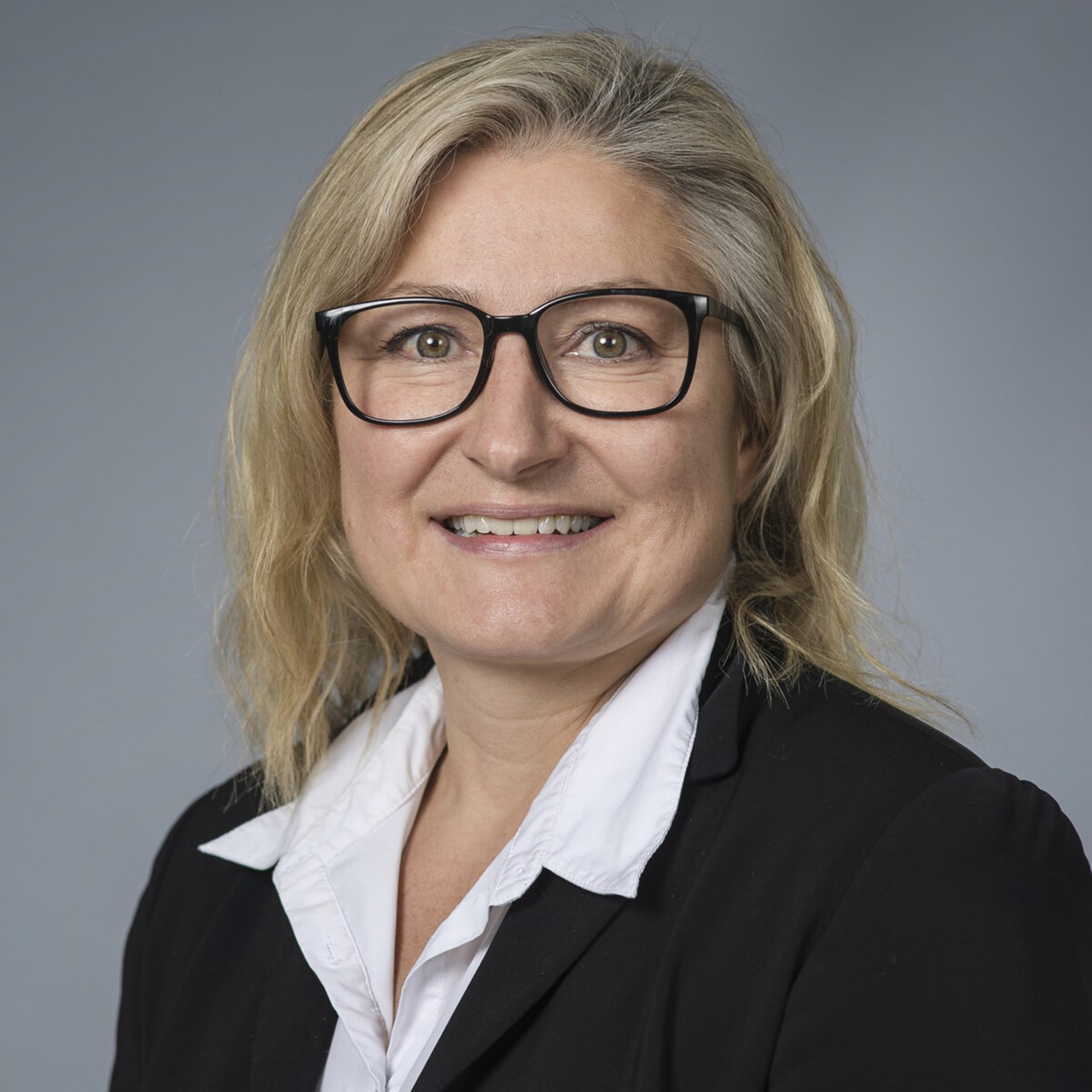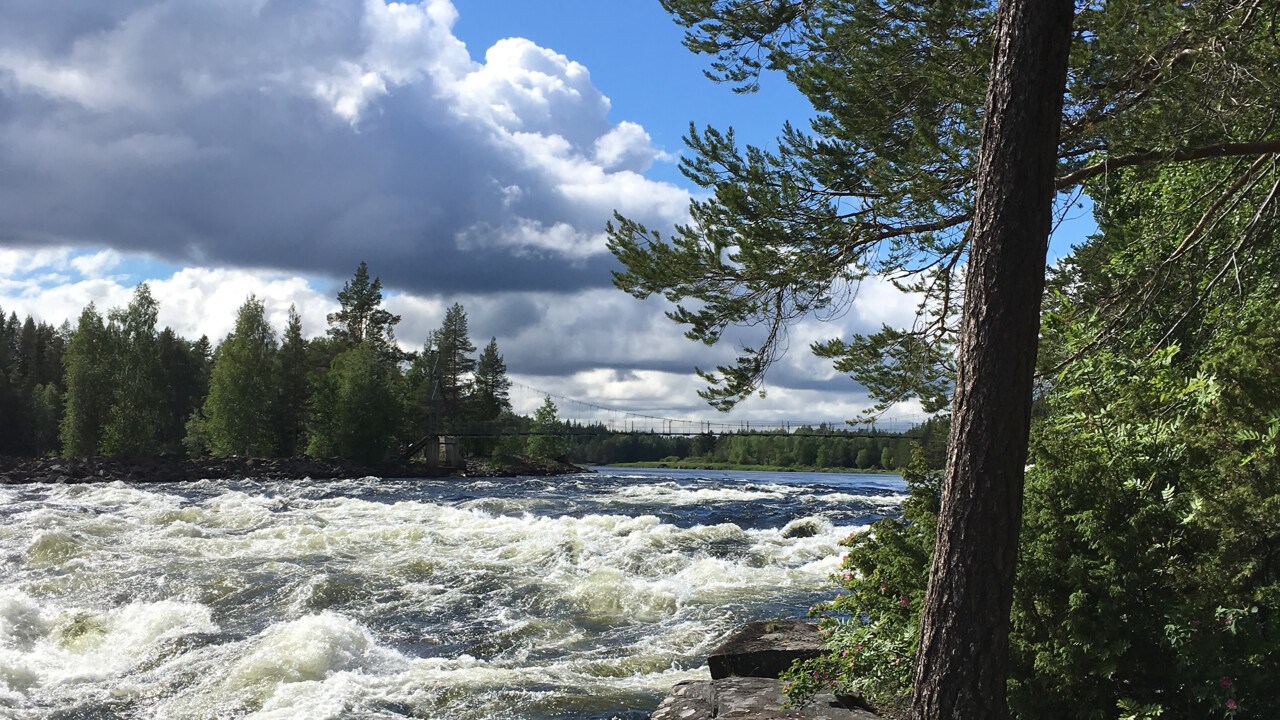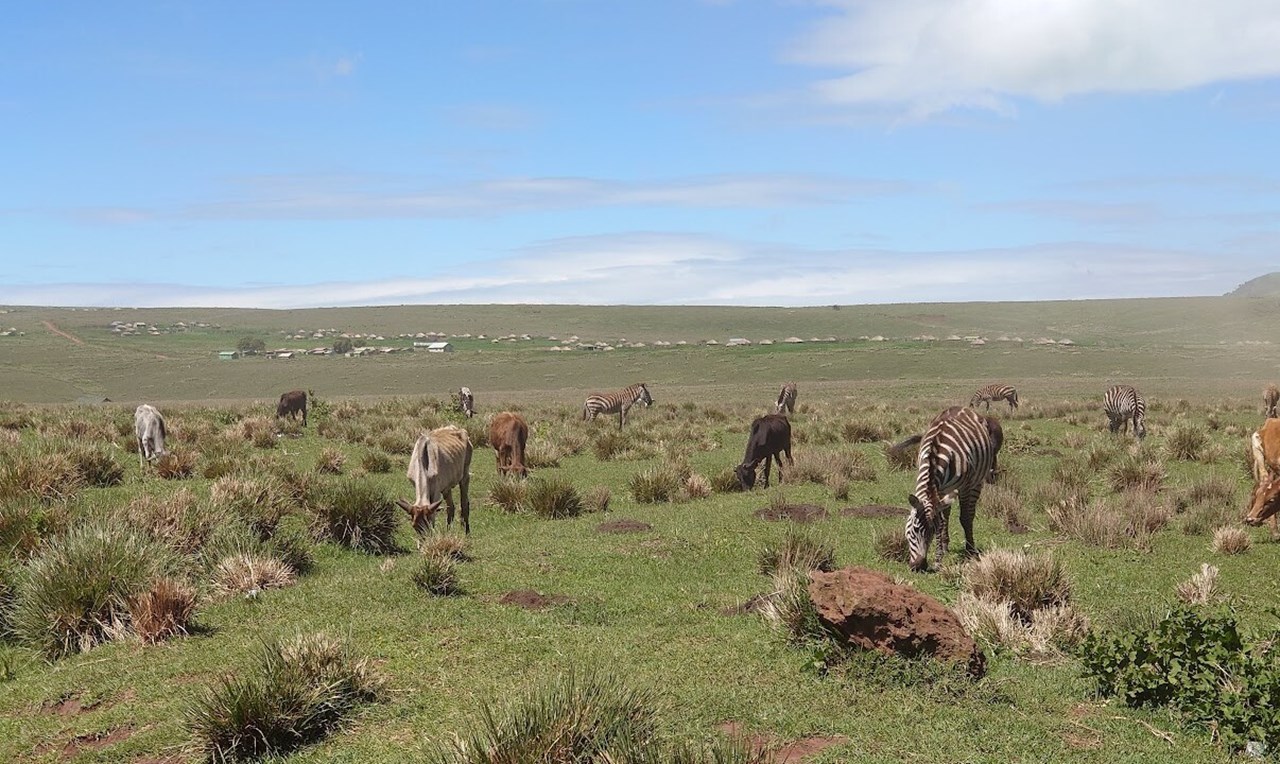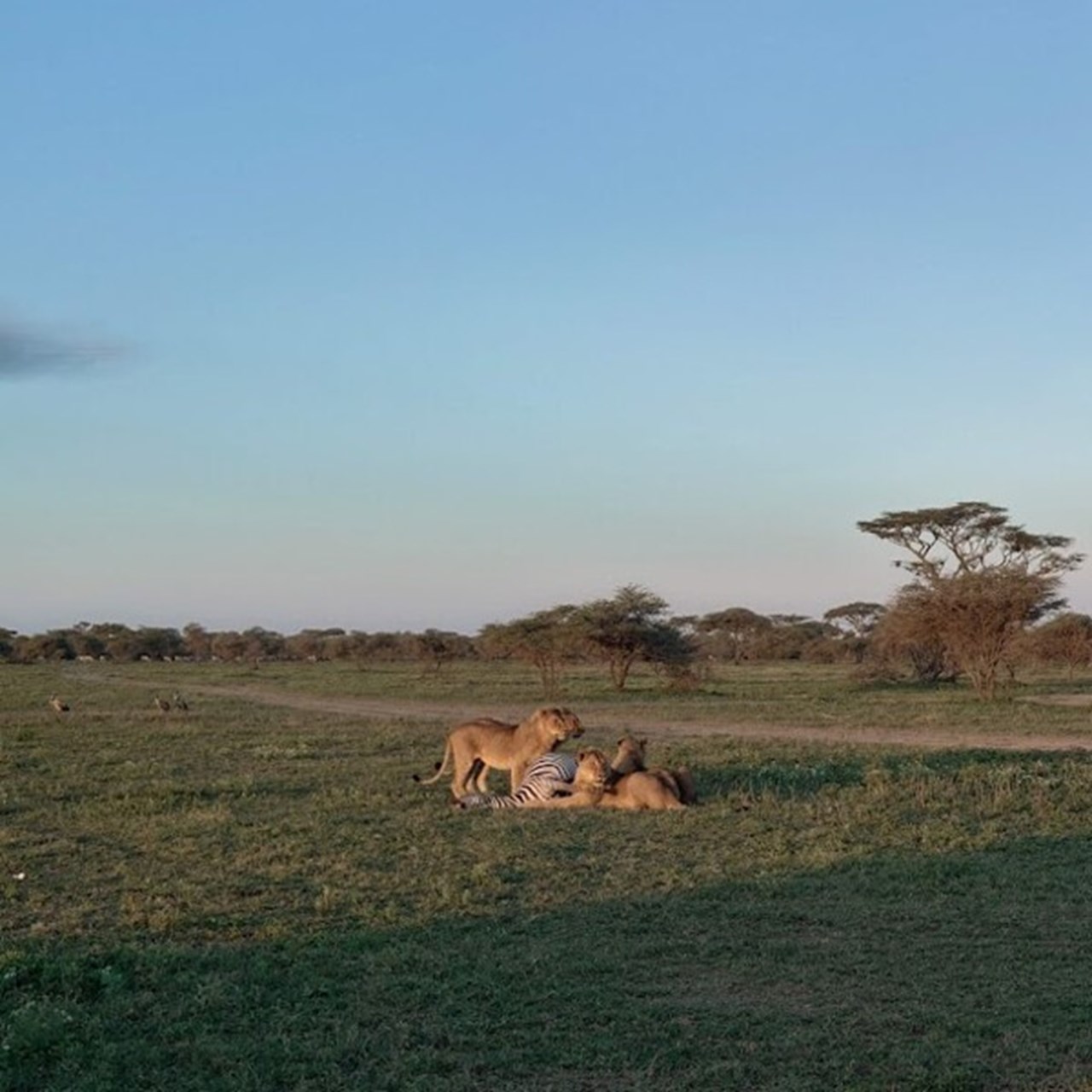
How do we make sure the transformation is just and fair?
PROFILE When you force people to make major lifestyle changes that don’t work for them, all to protect the climate, you risk achieving the opposite. Professor of Political Science Camilla Sandström was made Chairholder of a UNESCO Chair for her research on designing climate and environmental policy measures that actually work, both at the local and national level.





